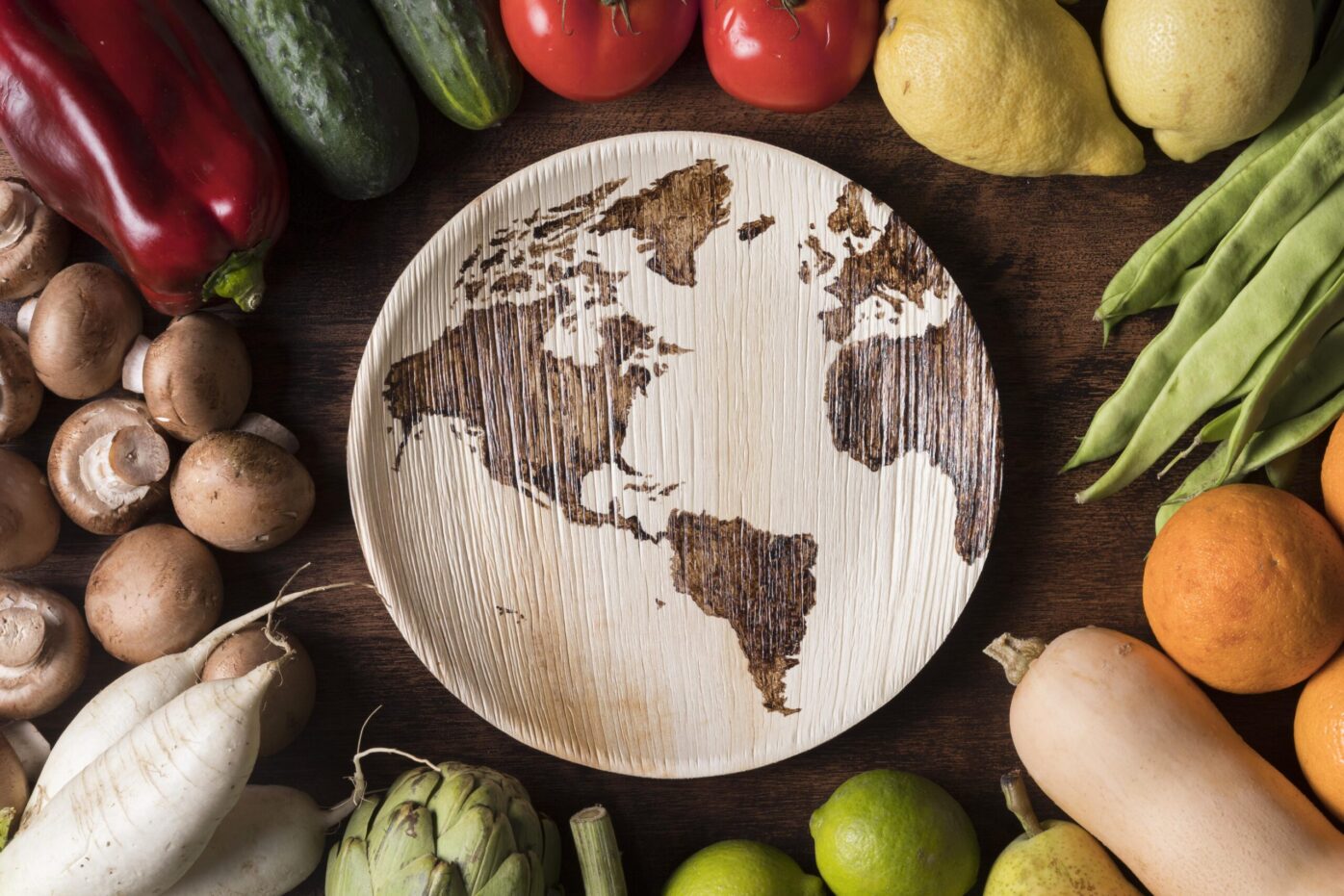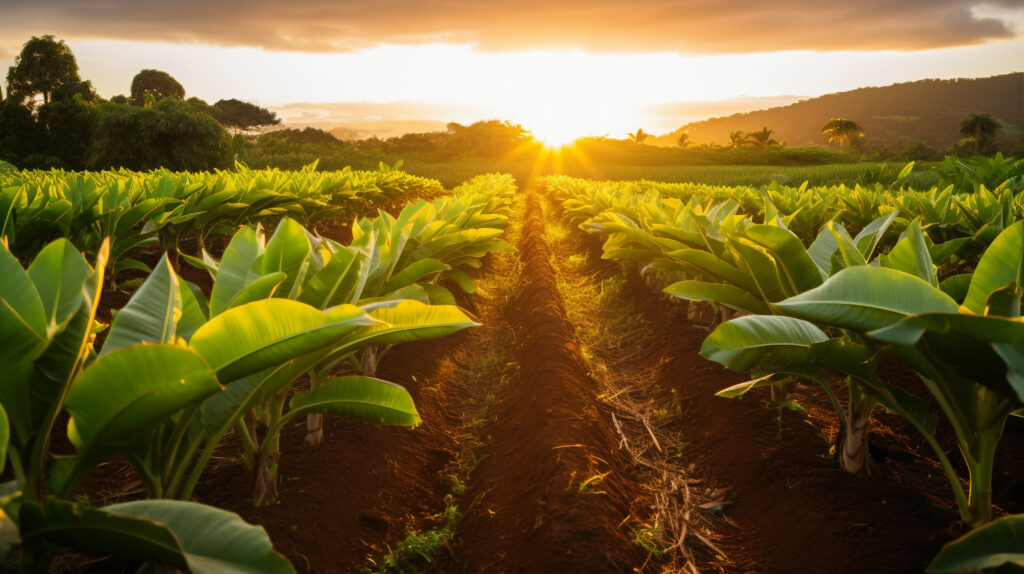Eduardo Brito Bastos
CEO of Instituto Equilíbrio
Amid growing climate pressures, Brazil stands at the center of a global challenge: how to continue being one of the world’s largest breadbaskets in the face of environmental changes that challenge food security and economic stability?
A recent study published in the journal Environmental Research Letters by Fiorini et al. (2024), analyzing over 1,800 articles, reveals that 67% of the climate change impacts already observed on Brazilian agriculture are negative. Cassava, rice, wheat, and cocoa are among the most affected crops, with productivity losses that, in some cases, exceed 30% during years of extreme drought. Even resilient crops such as soybeans, corn, and sugarcane face mixed effects, varying according to climate and region.
This risk is real and is already reflected in concrete data. In Espírito Santo, coffee production — a symbol of Brazil’s agricultural identity — fell by 30% between 2016 and 2021 as a result of extreme heat waves associated with the El Niño phenomenon, according to Incaper. In Paraná, analyses by Deral indicate reductions of 15% in corn harvests over two consecutive years, reflecting droughts that compressed planting windows.
These cases reflect a broader reality. According to Fiorini et al. (2024), there is a significant regional imbalance in the scientific literature on this topic, with little attention given to the North and Midwest, precisely key regions for agribusiness. Family farming, responsible for a large share of the country’s staple foods, is also underrepresented in studies, which limits the ability to design effective public policies.

Moreover, changes in rainfall and temperature patterns are also aiding the spread of pests and diseases previously controlled by defined seasons. The proliferation of Helicoverpa armigera, for example, devastated cotton crops during warmer winters, according to data from Embrapa. The variability and intensity of extreme events also challenge production systems once considered stable.
In the face of such complex risks, climate innovation applied to agriculture becomes a strategic pillar for Brazil. Solutions such as precision irrigation, integrated crop-livestock-forest systems, and no-till farming are gaining relevance. Public policies such as the ABC+ Plan point toward promising pathways for agro-environmental transition, and sustainable certifications open doors to markets that demand traceability and socio-environmental responsibility.
Instituto Equilíbrio believes that Brazil can and should lead this transformation. Combining agricultural competitiveness with technological innovation is the only way to ensure long-term prosperity. This requires not only investment in research and development but also building bridges of dialogue among producers, scientists, and policymakers.
The future of Brazilian agriculture will depend on our collective capacity to act based on evidence, plan with strategic vision, and implement solutions that balance productivity with the protection of our natural resources. The climate is changing. Agriculture must change as well — and Brazil has everything it takes to lead that change.




